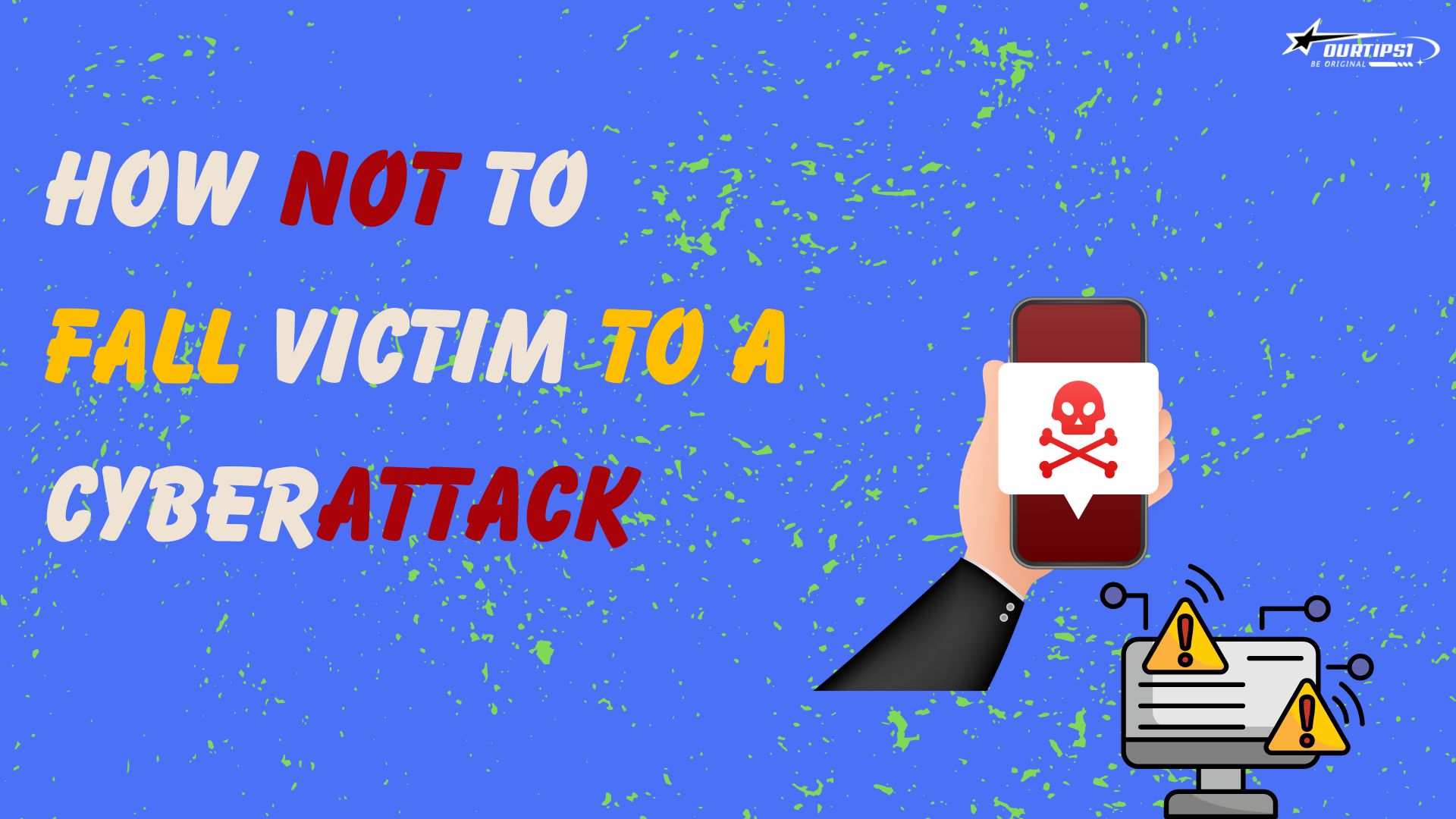How Not to Fall Victim to a Cyberattack
Cyberattacks are not such a rare occurrence, especially in these times of rapid technological development. So catch a few tips to help avoid such an unfortunate outcome:
1. Use a VPN as often as possible
A Virtual Private Network (VPN) encrypts your internet connection, making it difficult for cybercriminals, government agencies, ISPs, and anyone else to track your online activities. By masking your IP address and routing your traffic through secure servers, a VPN ensures your data remains private and secure. Whether you’re browsing from home or a public place, using a VPN can significantly reduce the risk of a cyberattack.
2. Avoid Using Public Wi-Fi
Public Wi-Fi networks are notoriously insecure, making it easy for intruders to connect to the network and potentially intercept your data. If you must use public Wi-Fi, avoid accessing sensitive information such as banking details or personal accounts. Whenever possible, use a secure network or a personal hotspot, and always use a VPN to add an extra layer of security.
3. Use Different Passwords for All Services
Using the same password across multiple services increases the risk of a cyberattack. If one service is compromised, attackers can easily access your other accounts. To manage different passwords effectively, consider using a password manager. These tools store and generate strong, unique passwords for each of your accounts, making it easier to maintain security without having to remember every password. Additionally, enable two-factor authentication (2FA) wherever possible for an extra layer of protection.
